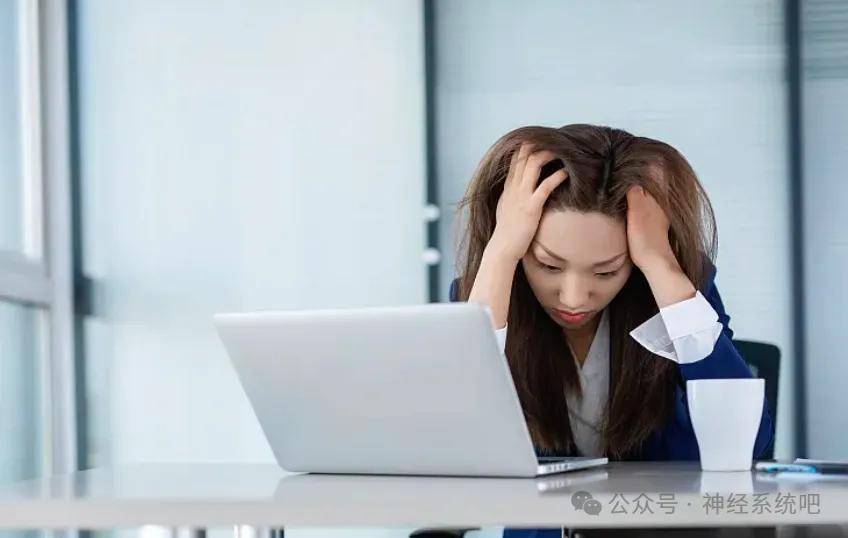Anxiety disorder is a common psychological disorder, characterized by excessive anxiety, worry, fear, and other emotions, significantly affecting the quality of life of patients. Currently, Western medicine is one of the main treatment methods for anxiety disorders, but long-term use of Western medicine may cause some side effects such as drowsiness, dizziness, and fatigue. Therefore, gradually reducing the dosage of Western medicine and combining it with traditional Chinese medicine treatment has become a treatment method worth exploring when the condition is stable.
The necessity of reducing Western medicine dosage for anxiety disorders
(1) Reduce side effects
Long-term use of Western medicine may impose a certain burden on the patient’s body, such as liver and kidney function impairment, digestive system discomfort, etc. By reducing the dosage, the risk of side effects can be lowered.
(2) Improve treatment compliance
Some patients may be unwilling to take Western medicine for a long time due to concerns about the side effects, reducing the dosage can improve the patient’s treatment compliance.
(3) Promote recovery
In stable conditions, appropriately reducing the dosage and combining it with traditional Chinese medicine treatment can better promote the patient’s recovery and enhance the quality of life.
Advantages of traditional Chinese medicine treatment for anxiety disorders
(1) Holistic concept
Traditional Chinese medicine views the human body as an organic whole, and the occurrence of anxiety disorders is related to organ function imbalance, Qi and blood disharmony, and other factors. By regulating the whole body, the purpose of treating anxiety disorders can be achieved.
(2) Individualized treatment
Traditional Chinese medicine diagnoses and treats patients based on their specific conditions, formulating personalized treatment plans to improve treatment effectiveness.
(3) Minimal side effects
Most Chinese herbs come from natural plants, with relatively minor side effects, suitable for long-term use.
Four recommendations for traditional Chinese medicine treatment
1. Herbal adjustment
Regulate liver and Qi
Anxiety disorders are closely related to liver Qi stagnation. Herbs such as Bupleurum, Fructus Aurantii, and Cyperus can be used to regulate liver and Qi, relieving anxiety.
Nourish the heart and calm the mind
The heart governs the spirit, and anxiety disorder patients often exhibit restlessness. Herbs like Sour Jujube Seed, Chinese Arborvitae Seed, and Polygala can be used to nourish the heart and calm the mind.
Strengthen the spleen and resolve phlegm
Weakened spleen and internal phlegm can also lead to anxiety disorders. Herbs such as Poria, Atractylodes, and Pinellia can be used to strengthen the spleen and resolve phlegm.
2. Psychological counseling
Traditional Chinese medicine emotional therapy
Emotional imbalance is considered one of the significant causes of anxiety disorders in traditional Chinese medicine. Emotional therapy methods like using emotions to counteract emotions and emotional transformation methods can help patients regulate their emotions.
Psychological counseling
Combining modern psychological counseling techniques such as cognitive behavioral therapy, interpersonal therapy, etc., to provide psychological support and assistance to patients.
3. Lifestyle adjustments
Dietary regulation
Anxiety disorder patients should avoid spicy, greasy, and stimulating foods, opting for light and easy-to-digest foods like vegetables, fruits, and whole grains.
Physical exercise
Appropriate exercise can promote blood circulation and alleviate anxiety. Patients can choose activities such as walking, yoga, and Tai Chi.
Regular sleep habits
Maintaining good sleep habits and ensuring an adequate amount of sleep can help restore the body’s normal functions.
Combining the reduction of Western medicine dosage for anxiety disorders with traditional Chinese medicine treatment is a feasible treatment method. By utilizing traditional Chinese medicine methods such as herbal adjustments, psychological counseling, and lifestyle adjustments, anxiety symptoms can be effectively alleviated, Western medicine side effects reduced, treatment compliance enhanced, and patient recovery promoted. During implementation, personalized treatment plans should be formulated based on the patient’s specific conditions and carried out under medical guidance.


